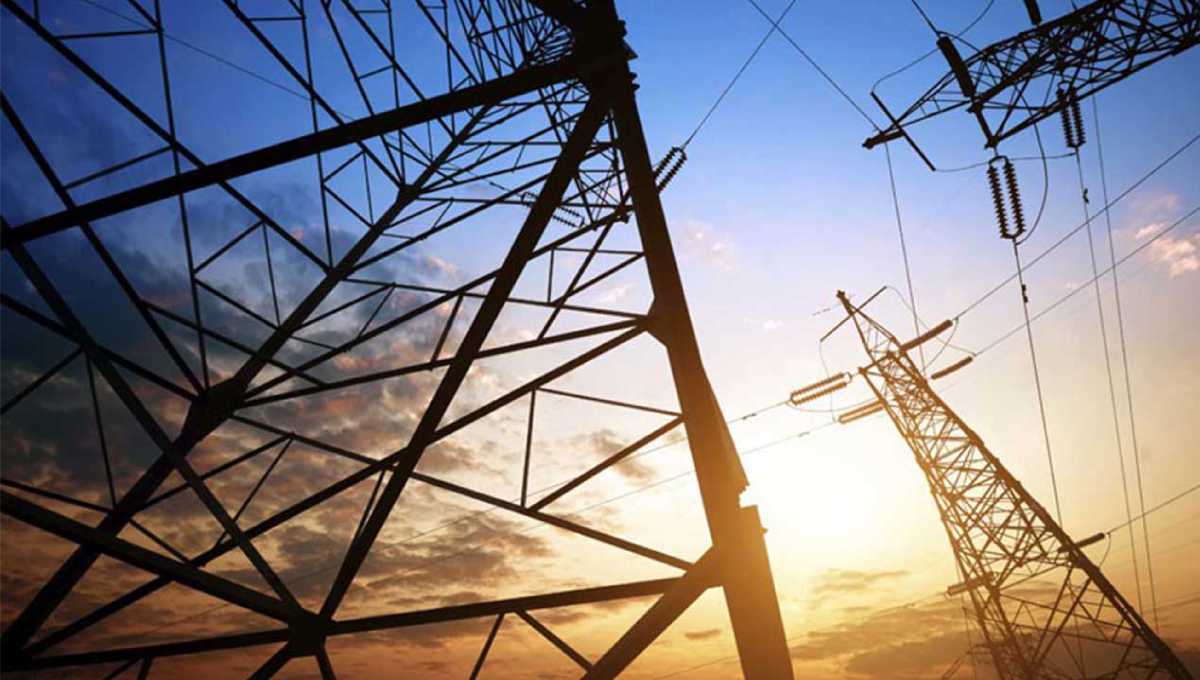
No fewer than 110.7 million Nigerians out of a 195.8 million estimated population had access to electricity as of 2018, according to the latest global energy progress report.
This represents a 57 per cent national electricity access rate compared with the global average of 90 per cent, says the report launched at the United Nations on Thursday.
It indicates an increase in the number of Nigerians with access to electricity by 34.6 million people from 76.1 million in 2010.
On the global scene, the report says the world has made “promising progress’’ towards ensuring universal access to sustainable energy over the last decade.
According to the document, the number of people without access to electricity dropped from 1.2 billion globally in 2010 to 789 million in 2018.
This, however, is not the case in Nigeria, where the figure rather increased from 82.4 million people without electricity access in 2010 to 85.2 million in 2018.
The reports states that renewable energy solutions played a big role in the global progress, with more than 136 million people receiving basic electricity services from off-grid sources by 2018.
According to the document, the world saw an improvement in renewable energy consumption from 16.3 per cent in 2010 to 17.3 per cent in 2018.
In Nigeria, the report shows that renewables accounted for 83 per cent of the total energy consumed by the citizens in 2017.
But there was a decline in the renewables to total energy ratio in the country from 86.9 per cent in 2010 to the 83 per cent recorded in 2017.
“Still, unless efforts are stepped up significantly, an estimated 620 million people globally would remain without access to electricity in 2030.
“This number could become even higher with the impact of the COVID-19 pandemic,’’ the report warns.
Titled “Tracking SDG 7: The Energy Progress Report’’, the document is published annually by custodian agencies of Sustainable Development Goal (SDG) 7, which targets energy access for all.
It provides the most comprehensive look available at the world’s progress towards global energy targets on access to electricity, clean cooking, renewable energy and energy efficiency.
The report also serves to guide international cooperation and policy making to achieve universal and sustainable energy access by 2030.
It is produced by the International Renewable Energy Agency (IRENA) in collaboration with the International Energy Agency (IEA), World Bank, Word Health Organisation (WHO) and other relevant agencies.
The report also captures a huge increase in the number of Nigerians with access to clean cooking fuels and technologies between 2010 and 2018.
As of 2018, 20.5 million people or 10 per cent of the population had access to clean cooking energy, up from just 2.7 million people in 2010.
But many Nigerians remained behind on this score with 175.4 million citizens lacking access to clean cooking energy sources in 2018 as against 155.8 million people in 2010.
This also means that the country missed out on the global decline in the number of people without access to clean cooking energy sources from three billion in 2010 to 2.8 billion in 2018.
However, the report reflects an improvement in the country’s energy efficiency by 6.4 per cent between 2015 and 2017, higher than the global average of 5 per cent.
On financing, the document indicates that Nigeria received a total of five billion dollars (about N1.8 trillion) from abroad in support of its renewable energy efforts.
This included funds from the country’s international development partners under Public Private Partnership (PPP) arrangement on renewable energy projects.
